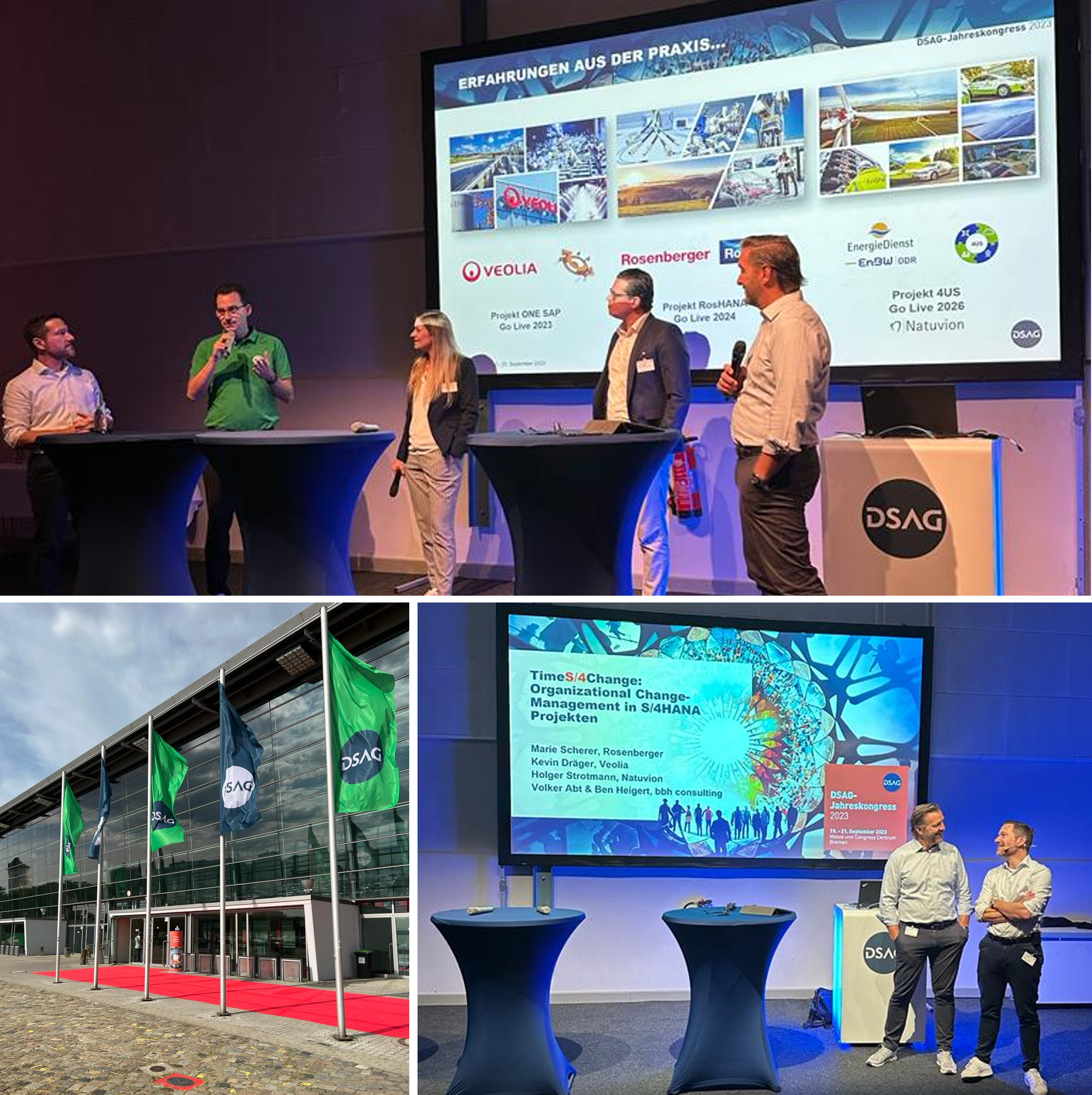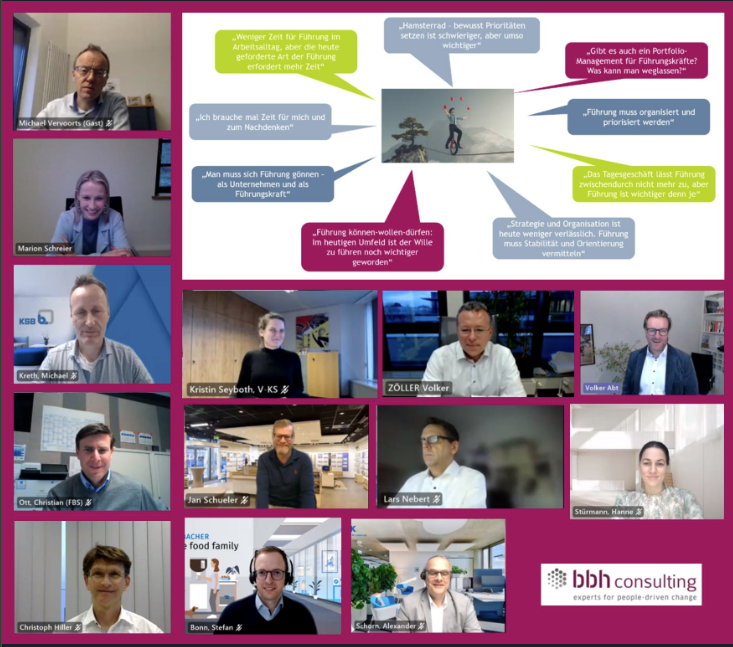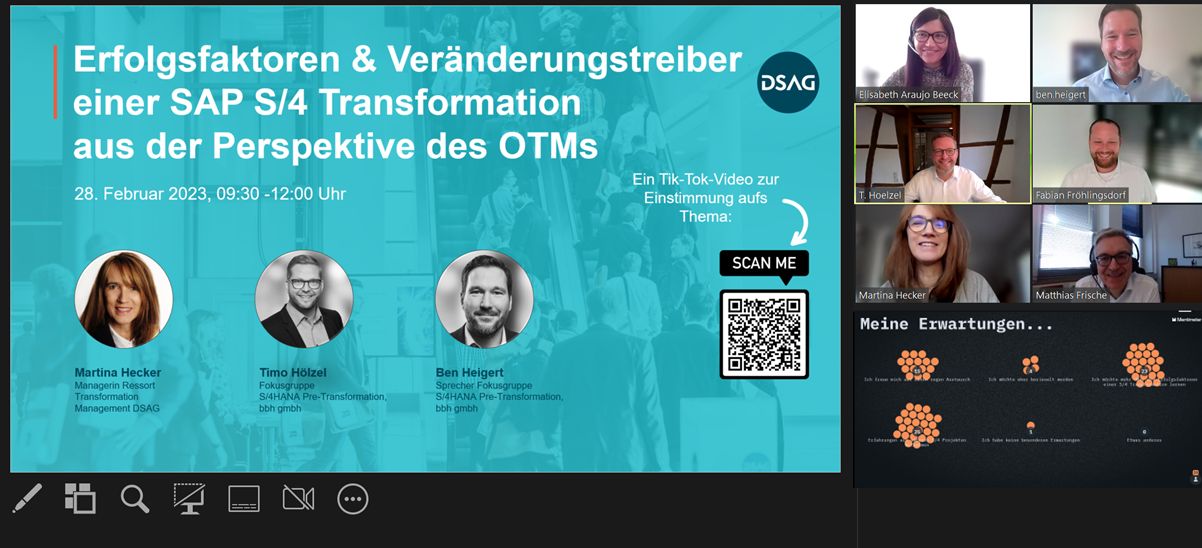Anticipate psychological implications –
part 2 of our blog series

In our last blog post, we discussed how to make moods transparent and monitor them closely in order to react immediately to changes. This approach acts as a check-in on how the change process is accepted, implemented and allows for a quick and efficient follow-up.
Proactively shaping the psychological aspects
Continuously checking and following up on mood developments is helpful and necessary when transforming complex systems. However, in order to keep the effort of readjustment as low as possible and manageable, it is advisable to proactively consider and shape the psychological components of change in transformation management. For this reason, we support the key players in change processes – usually management teams – with anticipating psychological effects and proactively influencing them. We would like to share our experiences with you in this blog post.
How does it usually work?
Imagine the following (you might have already experienced something similar): Due to increasing cost pressure, your company or department is forced to reduce costs, cut staff and reorganize itself. You have been preparing this in the management team for weeks. The kick-off communication of the reorganization and the planned measures is coming closer. But of course, not everything is communicated yet, because too many politically complicated issues are involved and not everything has been decided yet. The managers have been informed in advance so that they are able to provide information when questions arise. The employee information event takes place and there is little discussion in the large plenum. In the following days, the office chatter begins, and the direct managers are addressed by their employees- not so much with content-related questions, but rather with personal concerns such as: “What will happen to me and my job?”
That’s the moment when the impact of the overall project and change management decreases. People look for answers and leadership from leaders in lower and middle management that will give them security and confidence. “Those up there are too far away!”
An important but very challenging leadership task
And this is exactly the task for which managers are either insufficiently prepared or completely unprepared. Perhaps they even struggle with the uncertainty themselves; it then becomes difficult to convey a sense of security and confidence. This is where we come in to help speed up transformations and make them smoother, in addition to supporting comprehensive project and change management. We help key players and managers who can and should influence the psychological aspects in their units (and thus slow down or drive the change process forward).
Setting the right leadership impulses
By doing so, we accompany both management teams and individual key players as sparring partners in anticipating the reactions of their employees. Here is a sample of typical questions that we address with the key players individually and as a team – not only once but at each critical phase of the transformation process:

The purposeful consideration of potential challenges can be helpful for the managers to deal with interpersonal issues and situations more confidently. However, many managers still struggle to find the right words, set the right impulses and react in line with the desired change. Therefore, we are not yet finished with the anticipation of potential psychological reactions.
Create and evaluate options
As sparring partners, we develop options for dealing with emotional aspects the managers might face. These options might provide answers to questions like the following:

The managers feel better prepared for the upcoming, and rather uncomfortable, situations and can act more confidently in their role as company representatives.
Positive side effect: Amazing leadership development results
Last but not least, we often observe a desirable side effect of this approach: The managers grow beyond themselves. They face challenging interpersonal situations that they can master through intensive preparation. As a result, they learn not only for the transformation but also for their everyday leadership “after the transformation.” A better leadership development program is hard to find.

CV ‚snippets‘
- Degree in management science
- Since 2010 consultant at BBH
- 2018 doctorate at the faculty of Human Resource and Organization (University of Bamberg)
What makes BBH so special in my view
Perfectly described in the following statement of one of our customers: „This is BBH, a consulting company, but somehow they are different. It‘s great fun to work with them and they really help us along“.






